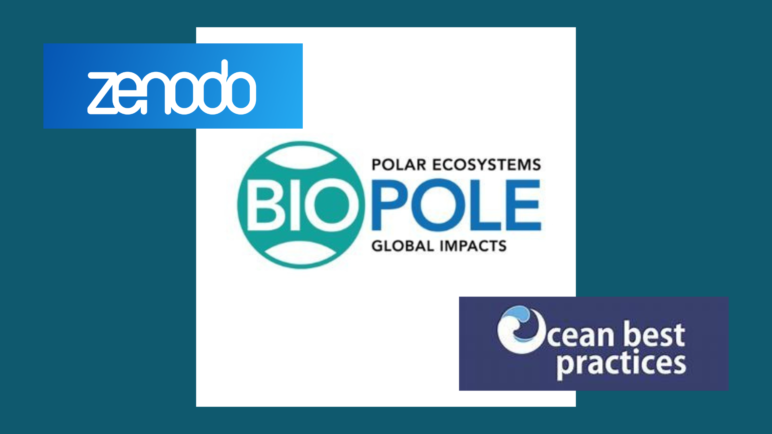BIOPOLE now has a Community on Zenodo. This Community is linked to the NERC, BAS, NOC, UKCEH, BGS, and CPOM profiles held at the Research Organisation Registry (ROR). It is anticipated that Zenodo will serve as the main ‘home’ for all BIOPOLE outputs that can be shared widely and that are not published in peer-reviewed science or data journals or dedicated data repositories specified in the BIOPOLE Data Management Plan. The advantage of this open-access and open-source repository for digital research objects (e.g., publications, data, software, presentations) is that it has a version control function with assigned DOI. The Zenodo system registers two DOIs, a DOI representing the specific version of a record and a DOI representing all versions of a record so any updates to living documents, or any edits can be accommodated (so please keep your eye out for updated versions!). It is also possible to ‘tag’ other relevant Zenodo Communities on your DOI. In addition, Zenodo does not impose any requirements on format, size (below 50GB), access restrictions, or license, and data is stored in the CERN Data Centre for long-term, and all open content is openly accessible through open APIs.
We are currently populating this Community with BIOPOLE documents including our Programme Management Plan, Data Management Plan, Cookbook: Parameters and Analyses, Publications Guidelines, and Communications Plan, as well as our quarterly Newsletter (and potentially our Animation). We encourage the BIOPOLE Community (i.e., BIOPOLE Project Members, Science Partners, and Strategic Partners) to make use of this repository to publish any relevant BIOPOLE documents that will benefit the wider research community in our area and disseminate our approach, findings, and resources to others. Please do get in touch with BIOPOLE WP4 (Geraint Tarling, Nadine Johnston, Ruta Hamilton, Jess Richt, Elaina Ford) if you have any ideas for content you would like to personally upload, or that the BIOPOLE Community should consider uploading. As a reminder, please ensure the inclusion of all relevant authors using the BIOPOLE Publication Guidelines. To upload your BIOPOLE research content to Zenodo follow the instructions. Note that when completing the Metadata ‘Creator’ (or author) section, there is an option to insert a Name Identifier such as ORCID. To make completion of this Metadata easier we have created an ORCID tab on the BIOPOLE Monitoring Tracker spreadsheet in the BIOPOLE Shared Drive. If you have access to this file please add your OCID directly. If you do not have access, please contact Ruta Hamilton or Jess Richt, who will enter it on your behalf. Once you have completed all steps in the Upload process and pressed ‘Publish’, your content will be sent for ‘review’ by the ‘Editors’ (currently Petra ten Hoopen and Ruta Hamilton) and a DOI generated. If you have any problems, please do contact them directly as there will be an opportunity to make corrections or edits before they fully upload them to our BIOPOLE Zenodo Community!
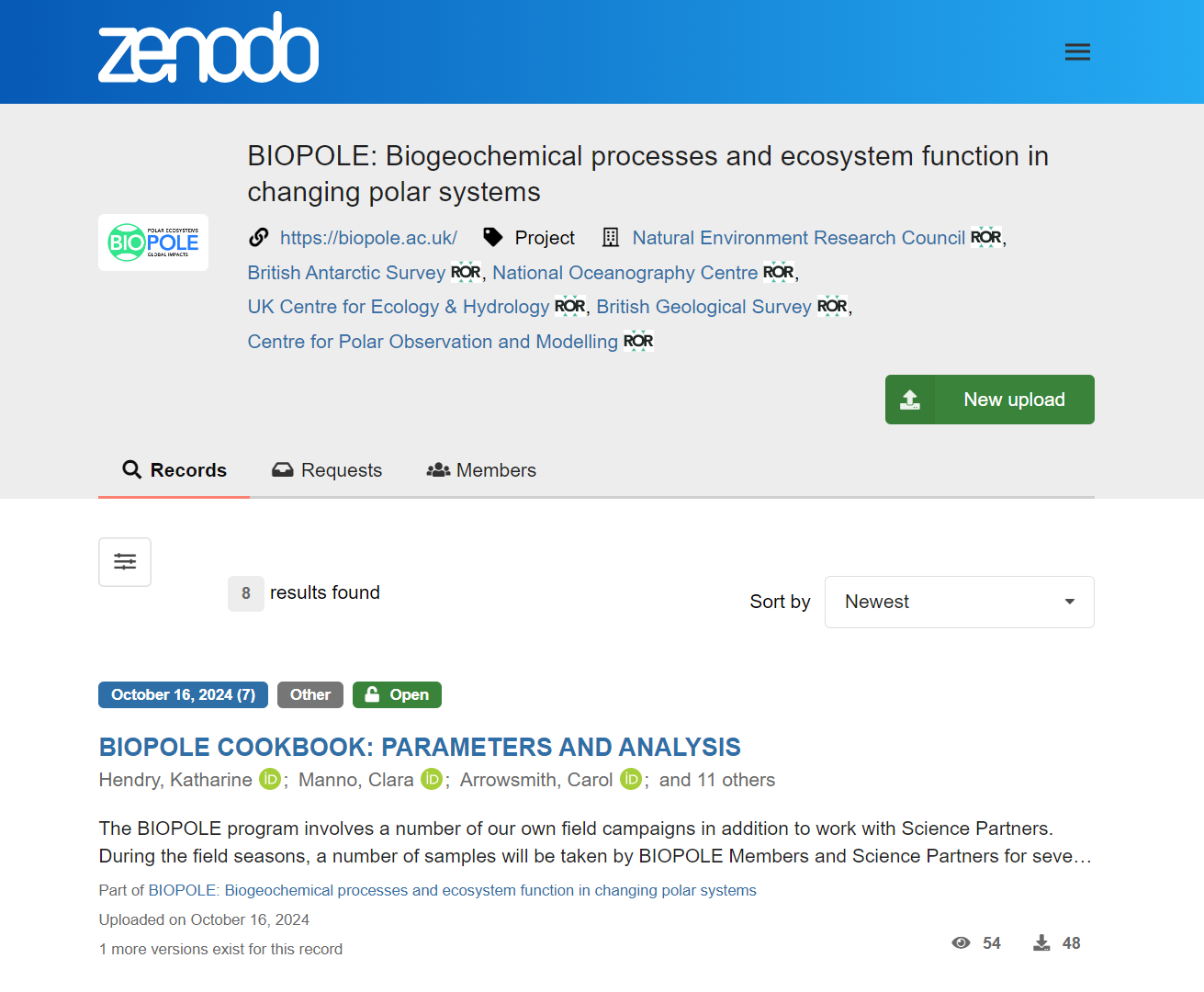
In addition to publishing our BIOPOLE Cookbook on the Zenodo BIOPOLE Community, we have also published it on the Ocean Best Practices System (OBPS) a global initiative aimed at improving and standardising practices for collecting, analysing, and sharing ocean data and information. The OBPS is a programme of the United Nations Ocean Decade and supports ocean stakeholders in equitable sharing of methods for sustainable management of our oceans.
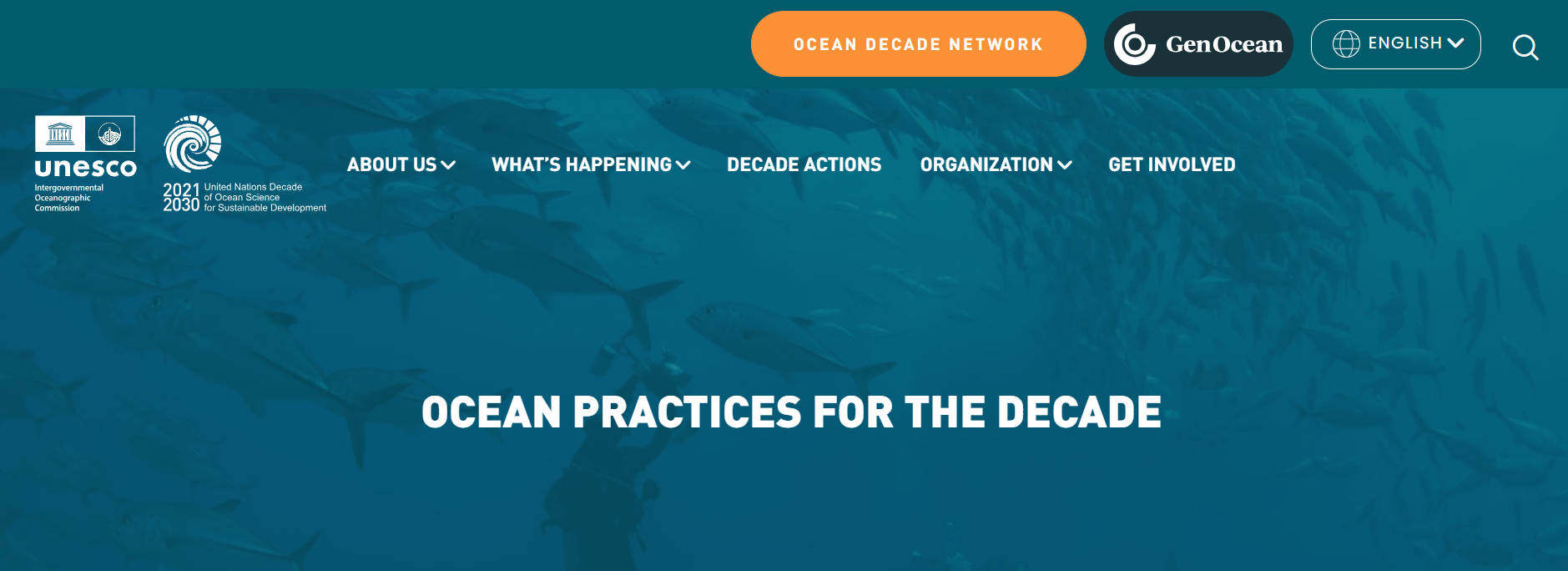
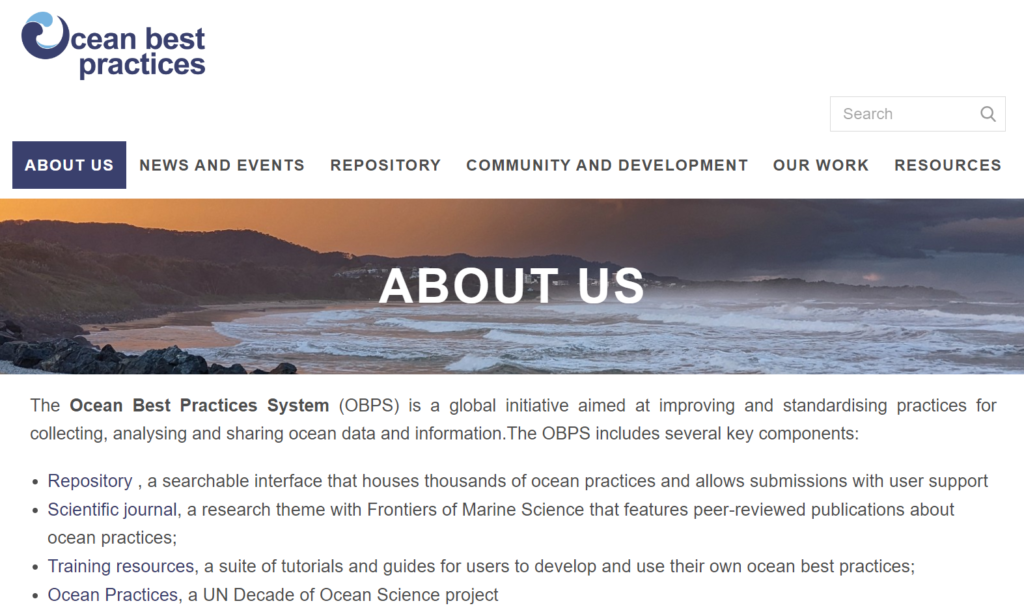
The BIOPOLE Cookbook is included in the OBPS Community ‘Polar Collaborations’ and the Collection ‘Polar Collaborations Capacity Sharing Hub’. It is anticipated that by doing this, we will promote the uptake of BIOPOLE’s standardised protocols in polar region nutrient (and eventually ecosystems) sampling among the wider polar research community. A shift in the polar research community to standardised approaches in all areas of sampling is crucial to allow for spatial and temporal comparisons (and interpolation and extrapolation) over vast areas of the Southern Ocean and to underpin modelling approaches and comparisons.
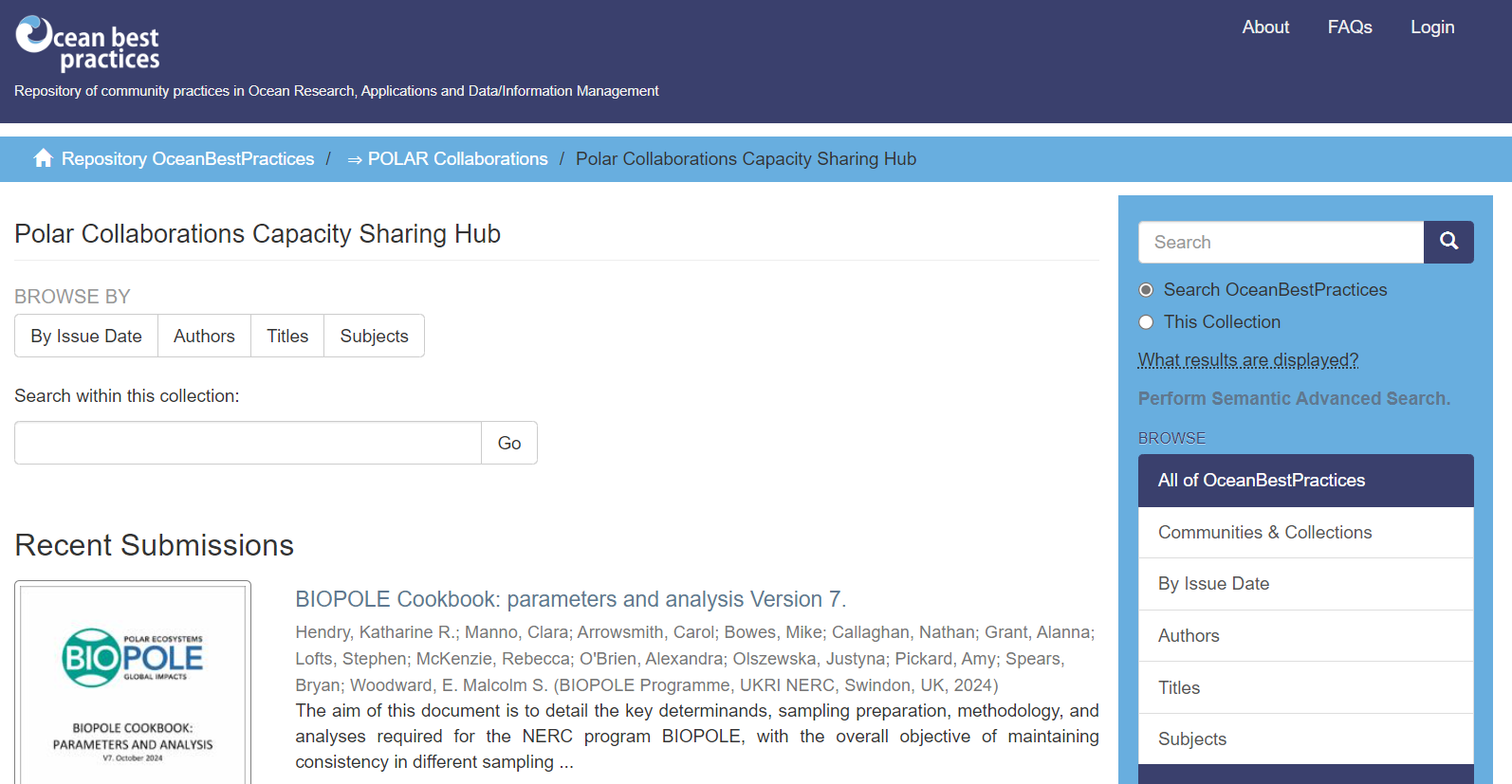
The authors of the article – Nadine Johnston, Petra ten Hoopen, Ruta Hamilton, Geraint Tarling from British Antarctic Survey

